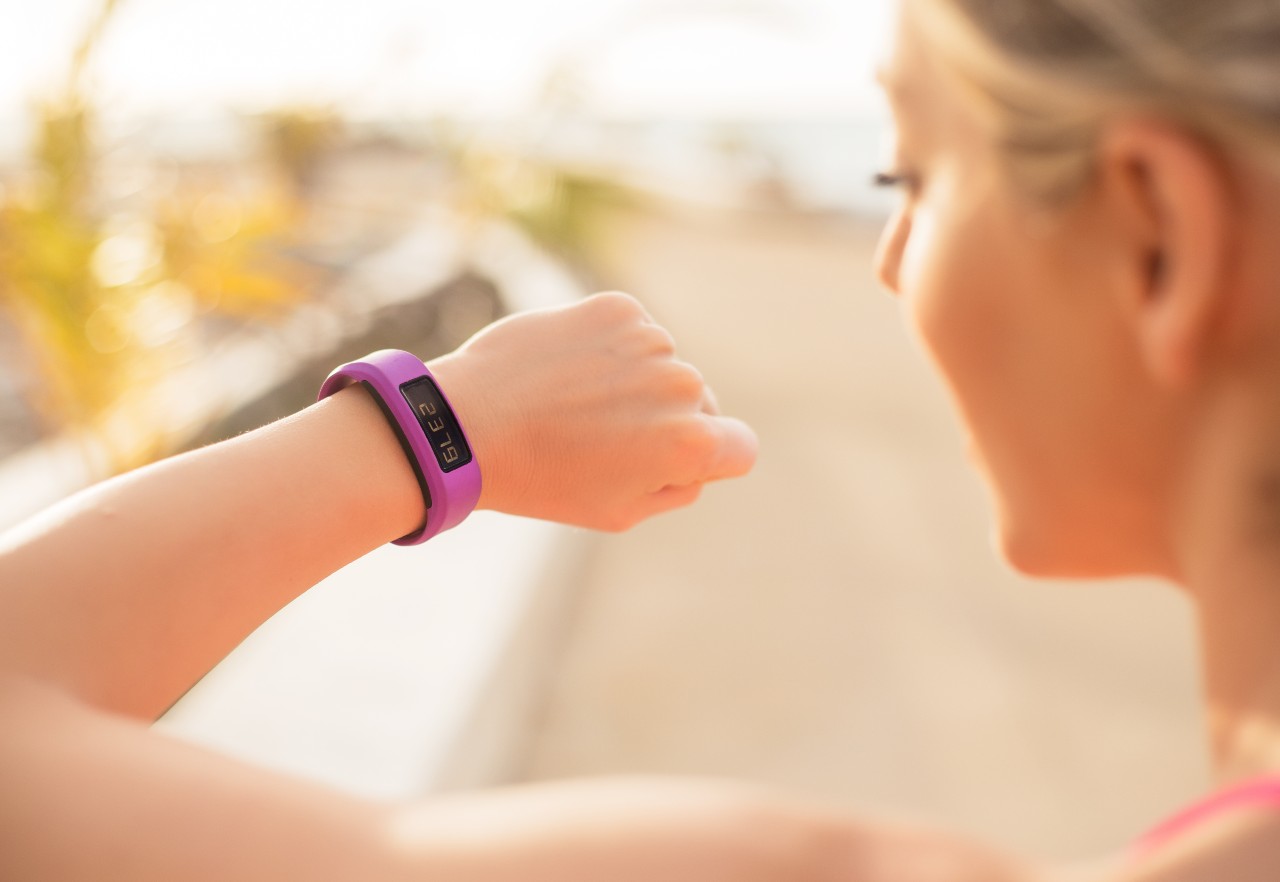You’ve undoubtedly seen all the smart watches and wearable devices that allow you to track everything from your sleeping habits to your heart rate. According to TechTarget, wearable technology refers to any device worn on the body, and there is so much to choose from these days. But do these devices meant to help give you an insight into your daily habits and overall health trends actually work? How do you choose the best accessory for you and your goals? Last but not least, do you really need the assistance of wearable tech, or is it fodder for rumination and obsession in your life?
Here at Innova Primary Care, we are committed to changing healthcare from the inside out. Reformation in healthcare is possible when healthcare practitioners and their patients work together to create the best possible outcomes. We want to empower our patients with knowledge so they can take charge of their health, and for some of you, wearable technology may be a great fit. Let’s dig in.

What falls into the category of wearable technology?
Wearable tech comes in many forms. For example, there are watches and rings that track your health data, but sophistication varies amongst types, and what you need will depend upon the information you are seeking. Along with fitness trackers and the like, hearing aids, and virtual reality devices, some items of clothing and even earbuds for entertainment fall under the wearable tech category.
But you aren’t here for the entertainment, are you? You want to know about devices that can help you track your health and fitness goals, and there are several out there.
What’s the difference between a smartwatch and a fitness tracker?
Choosing between a smartwatch and a designated fitness tracker can be tricky because they are similar in some ways. Smartwatches are packed with more power and are essentially an extension of your smartphone. While they allow for some health monitoring, they may only provide some of the metrics you desire regarding health tracking.
To complicate matters even more, some fitness trackers allow for calls and text messaging, and some even enable mobile payments. They will allow you to connect to the internet, meaning they can accomplish many tasks that your dedicated smartwatch can do. The main difference is that a fitness tracker is dedicated to tracking health data and will give you more significant insights if you want them. There can be some crossover in capabilities, so it will be wise of you to do homework to decide which option is best for you.
How do I choose the best fitness tracker for my needs?
Here is where it gets tricky. The best way to determine what you purchase is first to assess your needs. Wearable fitness trackers range in price and capabilities, so you first need to decide what you want out of one and then how much you are willing to spend.
Let’s say you want to track your steps and daily calorie burn. In this instance, a simple fitness tracker will do the job. If you are a swimmer and want to calculate heart rate and strokes, you will want to consider a waterproof fitness tracker, but then again, if you have a smartwatch already, you may be able to accomplish this with it.
Sleep is a pillar of health, and research clearly indicates how important getting proper sleep each night is for our overall health. If you are interested in your sleeping patterns, you might want to consider a fitness tracker that prioritizes sleep, like the Oura ring.
If you are an avid outdoors person and want to have GPS capabilities, your smartwatch may do the trick. However, if you want additional information like barometric pressure and altitude, a fitness tracker like a Garmin or Coros watch may be a better fit. One of the benefits of a sports-specific fitness wearable is that it allows you to input training plans and track your times and improvements the more you wear them for exercise.

Are fitness trackers and smartwatches reliable?
The reality is that tracking can be a fantastic motivator for getting more movement in your day. Fitness trackers and smartwatches that calculate steps and movement can be great motivators and show you how much or how little exercise you get in a day. Tracking devices can be extraordinary for teaching health habits when coupled with a fitness goal.
However, you should know that wearable tech may grossly overestimate or underestimate caloric expenditure and may even have an error rate of as much as 20% when tracking heart rate. Does this mean they aren’t useful? The answer is a resounding no.
When it comes to heart health specifically, while the metrics may be off, the fact that you are tracking makes a difference, as research suggests that those who monitor their movement get more steps and activity into their daily lives.
However, keep in mind that some of the information may be inaccurate. If heart rate is your primary concern, we suggest you also brush up on your knowledge regarding how to take your heart rate.
The variation in accuracy depends upon several factors, including the type and motion of the wearable tech. For example, if you rely on a watch to monitor your heart rate, it may be off because the strap is too loose.
Is wearable technology right for me?
Wearable fitness trackers or a smartwatch can be great if you want to discover more about your physical health, track your daily step count, and gain insight into your heart rate and sleeping patterns. Remember, the key to purchasing the best device is to discern your needs and buy accordingly.
However, there can be a downside to all the tracking. If you are prone to overexercising or obsessive thinking about health, you may want to reconsider purchasing one of these devices. The information and insights you may gain could lead to more obsessive behaviors. Having a fitness goal is commendable, and something we should all aspire to; however, too much information may actually impede you.
Innova Primary Care applauds anyone interested in improving their health, and for many of you, wearable technology can help you set your goals on fire. We want to see our patients live their best lives. As always, if you have questions about living a healthy lifestyle, please contact our office. We are here to assist you every step of the way!



 About
About

 About
About About
About About
About
 About
About About
About

 About
About About
About About
About About
About











